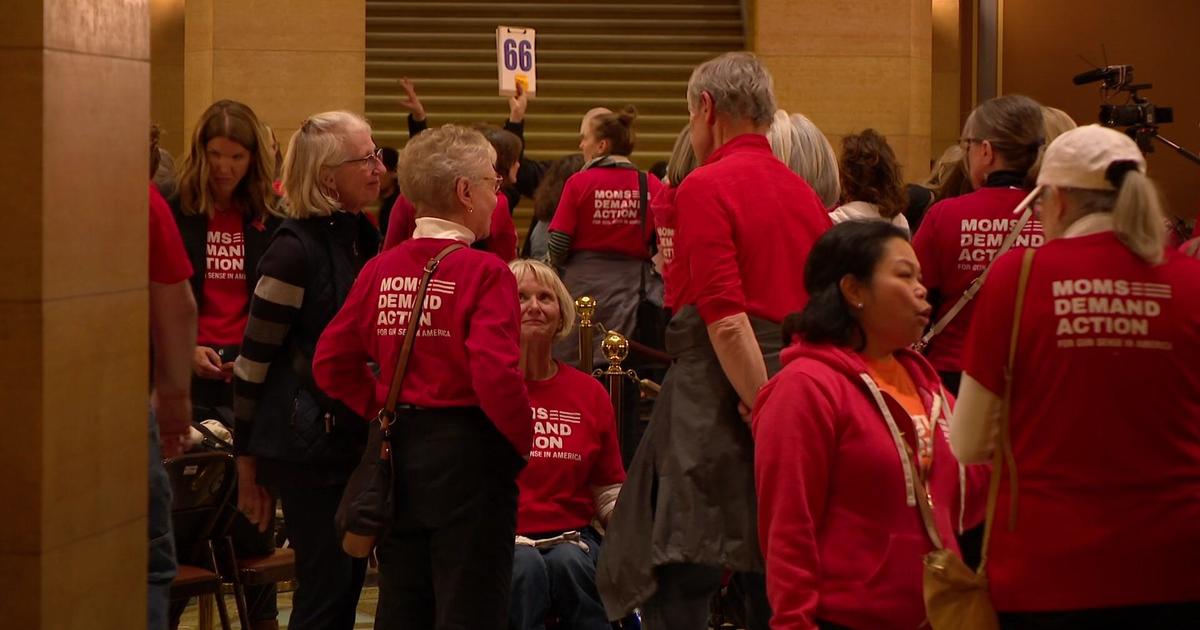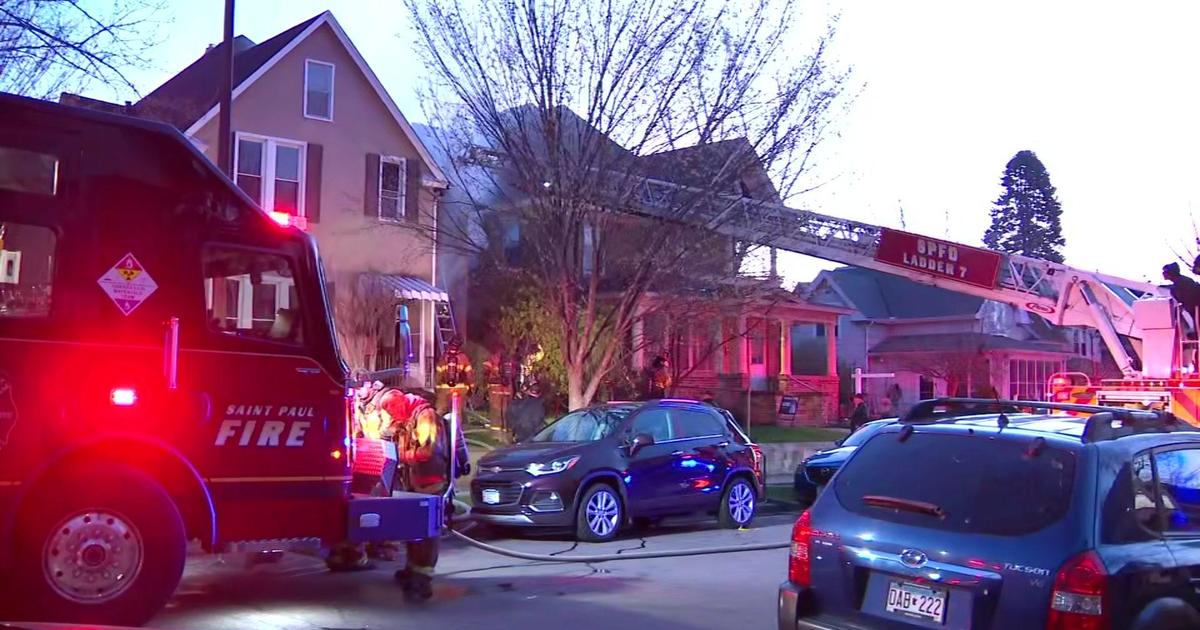AP Source: Dayton Budget Avoids Cutting Local Aid
ST. PAUL, Minn. (AP) -- Minnesota Gov. Mark Dayton will ask lawmakers to spare city and county governments from state payment cuts in hopes of avoiding property tax increases, a Capitol official familiar with the decision told The Associated Press on Monday.
The official disclosed the proposal to The AP on condition of anonymity because Dayton's two-year budget wasn't due out until Tuesday. Dayton and lawmakers face a projected $6.2 billion deficit.
Dayton's plan would have Minnesota spend almost $3.5 billion on several local aid and tax credit programs. About $1.5 billion of that goes to cities and counties; hundreds of millions of dollars more would go to property owners or renters and other money would feed into pension programs as scheduled.
The decision to exclude local allowances from cuts is part of Dayton's strategy to make the tax debate about more than just his plan for higher income taxes on top earners. In recent days, he has pushed an argument that property taxes could go up as a result of cutting local government aid.
The first-term Democratic governor campaigned on a "tax the rich" pledge. Candidate Dayton told voters he would push for increased income taxes on the richest 5 percent of taxpayers. He argues it would make Minnesota's tax code more fair because those taxpayers now pay a smaller percentage of their income than people in the middle class.
Republicans contend the income tax Dayton envisions would put Minnesota out of step with its neighbors and harm small business owners who report their profits on personal tax forms.
House Tax Committee Chairman Greg Davids, R-Preston, said he will put whatever Dayton proposes to a hearing even if the votes aren't there.
"We will give everyone in this House a chance to vote on job-killing tax increases," Davids said. He disputes that cuts in local aid automatically translate into higher property taxes, saying those decisions are "up to the cities and counties."
During the campaign and in his six weeks on the job, Dayton has leaned heavily on a Department of Revenue estimate that for every aid dollar the state cuts 67 cents springs back as a property tax increase.
Last week, Dayton told a group of farmers who visited his office that he's concerned about a disconnect between property taxes and ability to pay.
"You have to pay it whether or not you have a job, whether or not you have an income, whether or not your farm or business is producing a profit. You pay your property taxes or you lose your property," Dayton said then.
On Thursday, he followed with a veto of a partial budget bill assembled by Republicans that depended largely on withholding some state aid to cities and counties. In a letter to lawmakers accompanying the veto, Dayton said he feared their plan would drive up property taxes as local governments sought to make up for their lost allowances.
He called the property tax "the most regressive and unfair of all state and local taxes," one that stings homeowners and businesses alike.
The local government aid amounts Dayton will propose are more than what the state spends now because the Legislature and then-GOP Gov. Tim Pawlenty temporarily reduced allowances as part of a previous budget fix. The allowances are due to climb back to the levels reflected in Dayton's budget unless lawmakers act to cut them again.
Local governments say they use the money to help pay for police, fire and snowplowing expenses. Not all cities get state aid payments, but most in rural areas do. Minneapolis and St. Paul are among the biggest recipients.
Democratic Senate Minority Leader Tom Bakk said he was privy to some budget details but declined to divulge them Monday.
Bakk predicted cities will have a better relationship with Dayton than they did with Pawlenty.
"I think they'll be pleased that finally, after eight years, they've got a governor that wants to work with them," said Bakk, DFL-Cook.
(© Copyright 2011 The Associated Press. All Rights Reserved. This material may not be published, broadcast, rewritten or redistributed.)



